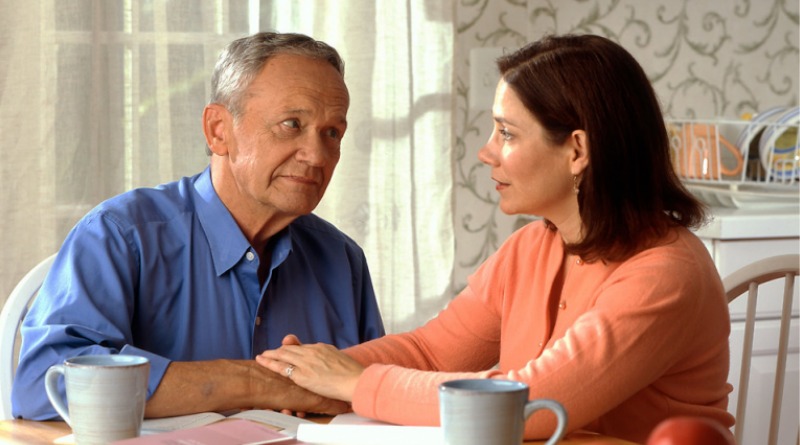Why Hygiene Matters So Much When Caring For An Elderly Parent.
The statistics on the number of children looking after their parents is truly staggering. In the US alone, caregivers for elderly citizens has grown dramatically since the 1990s. Changing demographics are driving the trend as more people live longer and further into old age. Right now the care system is at breaking point, with not enough caregivers to go around. What’s more, unless older people can be kept healthier for longer, the problem is only going to get worse.
The headline statistics are shocking. But there’s a deeper, underlying issue that represents a significant social change from the past. In the past, fewer people reached what we would today call old age. Most children weren’t expected to look after their ageing parents, simply because they didn’t live all that long. In fact, most people died rather suddenly after retirement. Now, though, millions of working age people have to take time out to care for their relatives. And this is creating a role reversal that is somewhat new in the human experience.
That role reversal is particularly challenging when it comes to the problem of personal hygiene. Helping an elderly parent to use the toilet can be difficult for both parties. But maintaining high standards of hygiene is essential for keeping elderly relatives healthy and safe.
Poor hygiene can cause all sorts of problems, from skin rashes and even low self-esteem. So what should you do to make sure that your parent’s hygiene standards remain high?
Washing And Bathing
For your elderly parents, washing has always been a private activity. It can be difficult to convince them that they need help with washing after so much time. Try to approach the issue with sensitivity and compassion. It can be embarrassing at first, but it’s something that quickly becomes normalized.
To make bathing as comfortable as possible, avoid products that are strong-smelling or might irritate. Try to stick with the brands that your parent likes. If your parents struggle with short term memory problems, remember to explain to them what’s going as you wash them. Often playing music that they recognize can help to make them feel more relaxed during the process.
Going To The Toilet
Many elderly people struggle to go to the toilet or are incontinent. As a child, you’ll have to deal with this problem on a daily basis. You may be required to help an elderly relative from their bed to a drop arm commode. And you may have to replace their pads every day, to make sure that they don’t get an infection.
Bathroom hygiene is critical. If not done correctly, it can lead to skin problems. In many ways, incontinence is the last taboo. As a result, your parents are unlikely to want to discuss it openly. Being sensitive to their needs in this regard is important. Remember to reassure them frequently and try to normalize things like going to the loo as quickly as possible.
Dealing with incontinence can be tricky from a practical perspective too. You may have to invest in PVC covers for beds or buy elderly relatives waterproof pants. You can also get them supplements like Confitrol24 to keep their bladder healthy and reduce occasional urinary incontinence.





